Three Aboriginal groups have been awarded exclusive rights to land in Victoria – including the right to control access – following a decade-long court battle.
The Federal Court on Friday recognised the First Peoples of the Millewa-Mallee, the Latji Latji, Ngintait and Nyeri Nyeri, as holding rights to land stretching across Victoria’s northwest corner to the South Australian border.
Exclusive native title means the three traditional owner groups have the right to control access to the land.
The determination covers thousands of square kilometres, including Mildura, and follows the Murray River, stretching south along the Calder Highway and west through the Murray-Sunset National Park.
Several popular destinations are covered by the native title determination.
Apex Park Sandbar, Kings Billabong Park and Murray-Sunset National Park, home to Victoria’s famous pink lakes, are all on the list of landmarks covered by the overall native title claim.
In passing down her decision, Justice Elizabeth Bennett recognised the ‘resilience and determination’ of the First Nations Peoples of Millewa-Mallee.
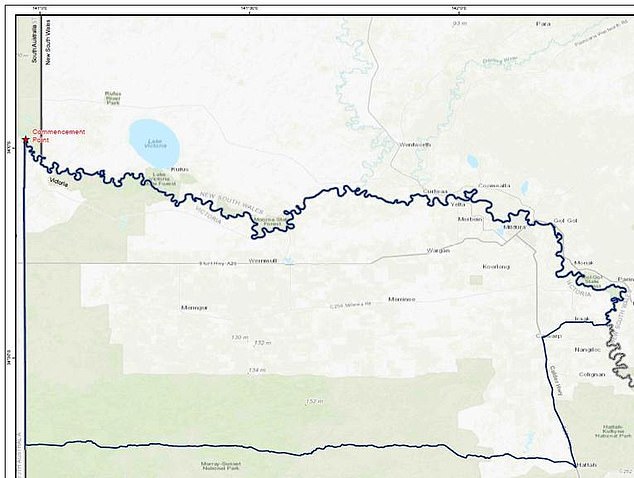
The Federal Court recognised the First Peoples of the Millewa-Mallee Peoples as holding rights on land stretching from Victoria’s northwest corner to the South Australian border (pictured)
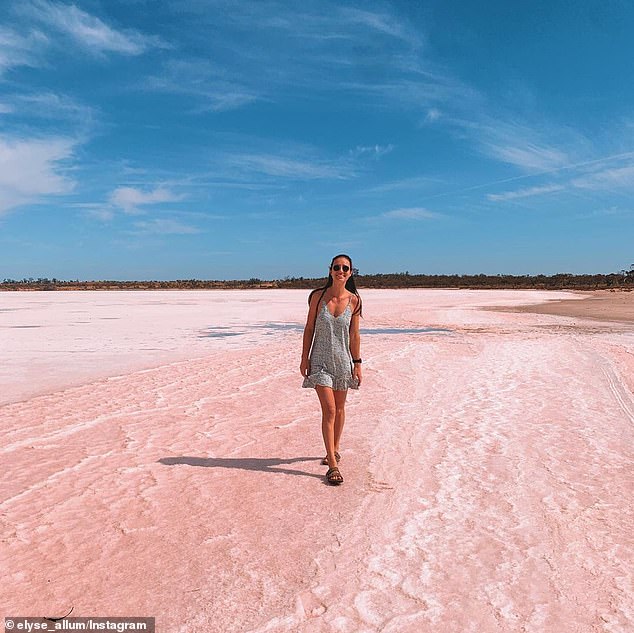
The claim covers landmark areas including the Murray-Sunset National Park (pictured), Apex Park Sandbar and Kings Billabong Park
‘Despite the dispossession and other atrocities inflicted upon the Native Title Holders and their predecessors, the Native Title Holders have maintained their traditional laws and customs and have under them a deep and enduring connection,’ Justice Bennett said.
‘It is appropriate to make the orders sought. In doing so, the court recognises the resilience and determination of the First Peoples of the Millewa-Mallee Native Title Claim Group in reaching this milestone.
‘Doing so is a testament to the strength of connection to country that this determination reflects.’
First Nations Legal & Research Services said the Millewa-Mallee First Nations Peoples had fought for the recognition of their native land rights since the 1990s.
FNLRS added the decision was a ‘historic outcome’ as it overturned long-held perceptions that exclusive native title rights could not be recognised in Victoria.
‘This historic outcome confirms that the State accepts the native title holders’ right to control access to their country under traditional law and custom,’ FNLRS said in a statement.
‘Thus challenging the long-held view that exclusive native title rights could not be recognised in Victoria.’
‘As with other successful native title claims, the native title holders also have non-exclusive rights including the right to access the land, use its resources, and protect sites, objects and places of cultural and spiritual significance.’
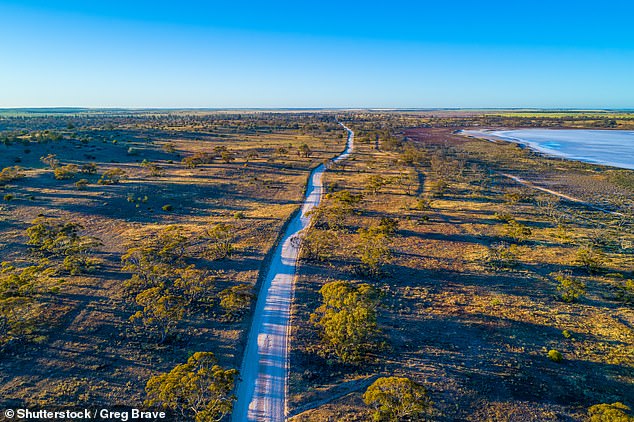
The Victorian-first landmark native title decision followed a 10-year legal battle over thousands of square kilometres in the state
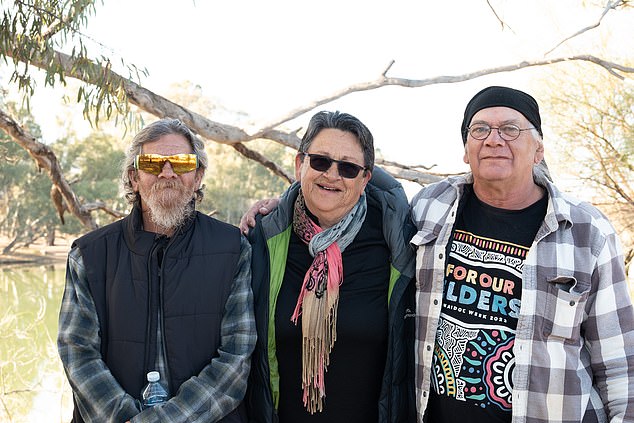
The three traditional owner groups say the ruling means they’ll continue to live their culture
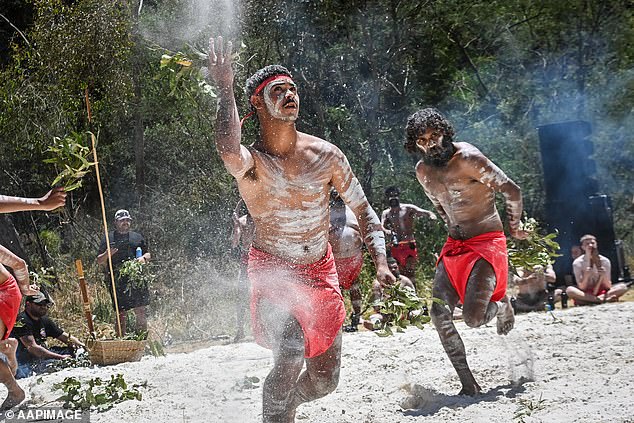
The decision sets a precedent that may support other native title holders and claim groups to seek this same form of recognition.
Nyeri Nyeri Elder Wendy Brabham said First Nations Peoples suffered through an ‘onslaught of rejections’ as they fought for their Native Title rights.
Ms Brabham said Indigenous people had to bend their customs, laws, protocols and traditions to Australian law, which was a constant clash of views.
She added her mother had fought for land rights since the 1970s.
‘I hope our future generations of all our family groups will build on today’s decision to honour our Ancestors by strengthening, preserving and sharing our Culture,’ Ms Brabham said.
Shane Jones Senior, a Latji Latji man and the applicant for the peoples of the Millewa-Mallee, said he was proud of the result.
‘Alongside all First Peoples of the Millewa-Mallee, including the Ngintait and Nyeri Nyeri peoples, we continue to live our culture,’ he said.
‘With native title, our present and future generations can continue the legacy of all our Elders and emerging Elders.’
The decision sets a precedent that may support other native title holders and claim groups to seek this same form of recognition.
The native title holders also have non-exclusive rights, including the right to access the land and use its resources, and to protect sites, objects and places of cultural and spiritual significance.
